Go soft on socialism? Don’t delude yourself
Whatever your concerns about global markets and the corruptions of Wall Street, this man and his monstrous state are not your heroes.
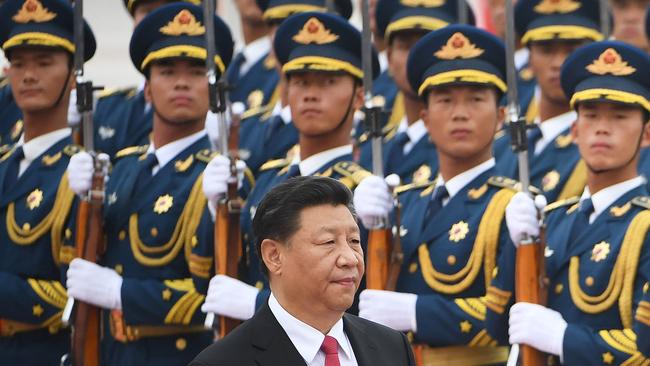
There are numerous issues that will shape the outcome of the next federal election, among them divisions within the Liberal Party. But one issue ought to be uppermost in the minds of voters: the future of our national security policy and our relations with China. Our economic future, our political future and our sovereignty are all at stake.
There are grounds for believing, should the Coalition be replaced by an ALP government, the robust posture we have adopted vis-a-vis the singularly unpleasant and aggressive regime in Beijing would be softened. Anthony Albanese and Penny Wong would succumb by degrees to the urgings of those inside and around the ALP that China be accommodated and respected.
There are grave dangers in going down that path. Barring a meltdown and regime change in China, we will have to find some way, if we can, of dealing with the regime in Beijing. But if that is to be done, it is imperative that there be a clear understanding, based on the best scholarship, about what we are dealing with – not on cockeyed accommodation or Beijing-propagated myths.
Fortunately, we are well served in this country by some very fine China expertise. Our single finest China expert is John Fitzgerald – a lifetime Sinologist, former director of the Ford Foundation office in Beijing (2008-13), a prize-winning historian of modern China and one-time president of the Australian Academy of the Humanities.
His newly published book Cadre Country: How China Became the Chinese Communist Party (UNSW Press) is as thorough, lucid, historically informed and up-to-date a book on the subject as you will find anywhere in the world. Its lessons must be absorbed and heeded by every politician, political staff member and civil servant this year – and preferably by voters before the election.
Fitzgerald spells out and sets in historical perspective how the Communist Party’s Leninist system of government has excluded the overwhelming majority of people from any participation in politics and from any tenable civil or legal rights.
He shows how the cadre system, with a self-perpetuating caste of elite families at the apex, has cannibalised China to serve itself and has retreated from economic, to say nothing of political, reform solely to perpetuate its crony capitalism and monopoly of power.
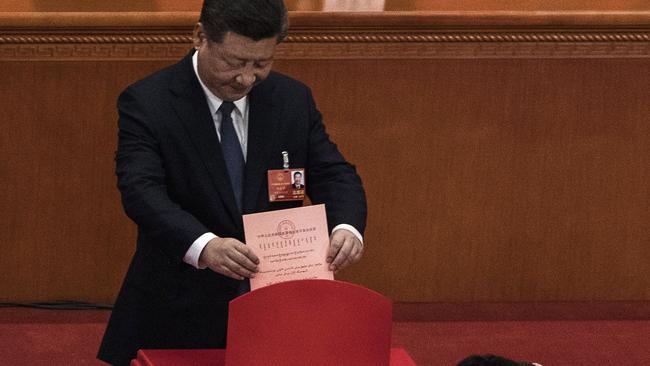
Fitzgerald shows how, under Xi Jinping, more than at any time since the dark years of Mao Zedong, deliberately fallacious history and propaganda are force-fed into schools and universities across China, mocked up in museums and asserted globally with pompous hypocrisy. Any departure from this indoctrination is condemned as “historical nihilism”. Such ostensible nihilism includes inquiries into the catastrophes of Mao’s rule or the suppression of democratic agitation under Deng Xiaoping.
Nowhere is this more egregiously instantiated than in the endless chest thumping about the so-called century of humiliation and the nonsense about the party having been a key player in the so-called Global Anti-Fascist War between 1937 and 1945. It was no such thing. As Fitzgerald shows, it was Nationalist China that played a heroic role in resisting Japanese imperialism, with help from the US.
Chiang Kai-shek’s Nationalist government also negotiated an end to special Western concessions in China and played a substantial role in the creation of the UN and the key liberal international economic agencies at Bretton Woods. With Joseph Stalin’s support, the Communist Party brought down that government and imposed its own rule on China from 1949, closely modelled on how Stalin ruled the Soviet Union.
Those who insist that China is simply China and the party simply a rather traditional Chinese government whose natural aspirations we need to understand, themselves wilfully misunderstand the realities of what we are confronting. It was not for nothing that Melbourne-based media analyst Louisa Lim dubbed Xi’s China “the People’s Republic of Amnesia”. Archives are closed to historians, especially foreign ones; publication is outlawed on all but the most jejune subjects; and voices critical of the party are systematically silenced.
Contrast this with the virtual bedlam of dissenting voices of every kind here, to say nothing of the US, and you begin to see the eerie and disturbing difference between the liberal West and its “peer competitor” in China – the party of total control.
In the lead-up to the CCP’s centenary last year, leading party cadres declared the greatest threat to national security was neither US imperialism nor Taiwanese independence but “historical nihilism” – that is, undermining the party’s claims to a monopoly of power through serious historical critique.
If you do not believe China under the CCP is an ideological enemy of our basic liberties and of the liberal international order, consider the statement by Xi to a meeting of the full politburo in early 2013, not long after he became Brother No.1, that the party was engaged in “a long-term struggle between the two social systems” of socialism and capitalism and that its task was “to build a socialism that is superior to capitalism and laying the foundation for a future where we will win the initiative and have the dominant position”.
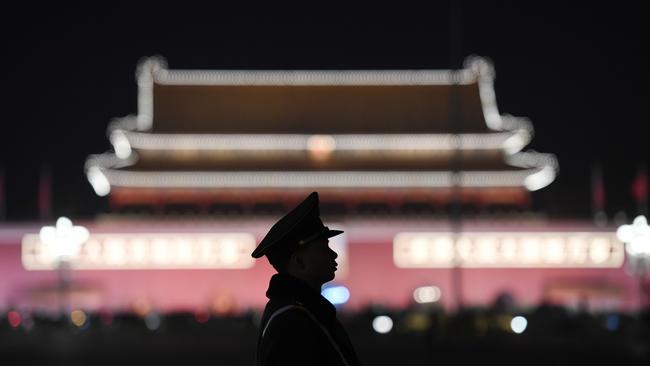
If you read those words and have the Thomas Piketty-style notion that the world does need socialism in place of capitalism, you are foursquare in the shoes of those who, like the Fabians and others in the 1930s and ’40s, told themselves Stalin was the strategic leader of an inevitable and desirable socialist transition in the world. In other words, you are completely deluded.
Whatever your concerns about global markets and the corruptions of offshore finance and Wall Street – and Casey Michel of the Hudson Institute’s Kleptocracy Initiative has documented these in American Kleptocracy (2021) – Xi is not your hero. There was a great deal wrong in the Western economies in the ’30s. Stalin was never the answer to them, never the doctor to call on if you had any regard to your wellbeing or freedom. Marxist-Leninists introduce what Tony Polan, in 1984, called “the end of politics”.
One of the deepest ironies of Xi’s neo-Maoism is that the Communist Manifesto called for the abolition of the family, private property and the state, but under Xi a small number of super-rich and ruthless party dynasties dominate the country, hold vast amounts of property there and overseas, and govern through a state more monstrous and intrusive than any in previous history.
Our task is not to accommodate Xi and his self-appointed historical mission but to thwart it at every point in the name of authentic Chinese nationalism and the kind of domestic and international liberal principles to which the Nationalist regime signed up – though it did not honour them until it conceded democratic rights to its opposition in Taiwan in the 1980s – after World War II.
Our immediate task, on which the Morrison government has made a sound if hasty start, is deepening the Quadrilateral Security Dialogue and the AUKUS security pact, deterring Xi’s xenophobic threats to Taiwan and the rest of us, and revitalising the institutions and principles of liberal democratic governance and markets for the 21st century.
We have our work cut out for us. But those are the terms on which the national security debate must be conducted.
Paul Monk is the author of Thunder from the Silent Zone: Rethinking China (2005) and Dictatorships and Dangerous Ideas (2018), among other books. He was at one time head of the China desk in the Defence Intelligence Organisation.


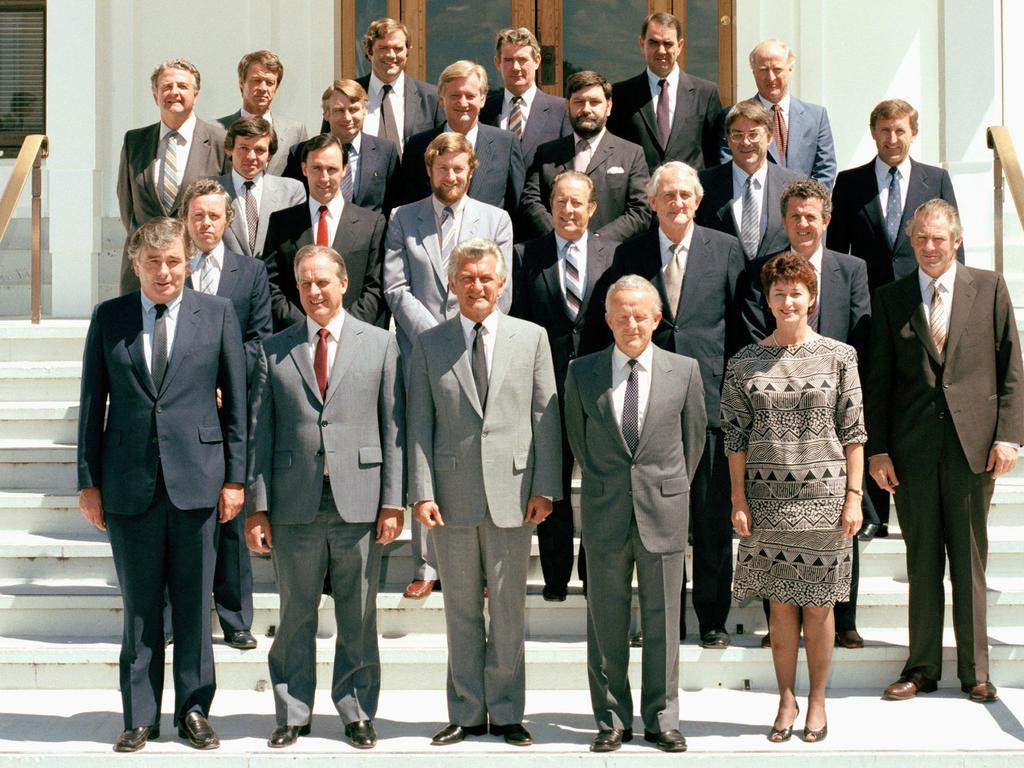
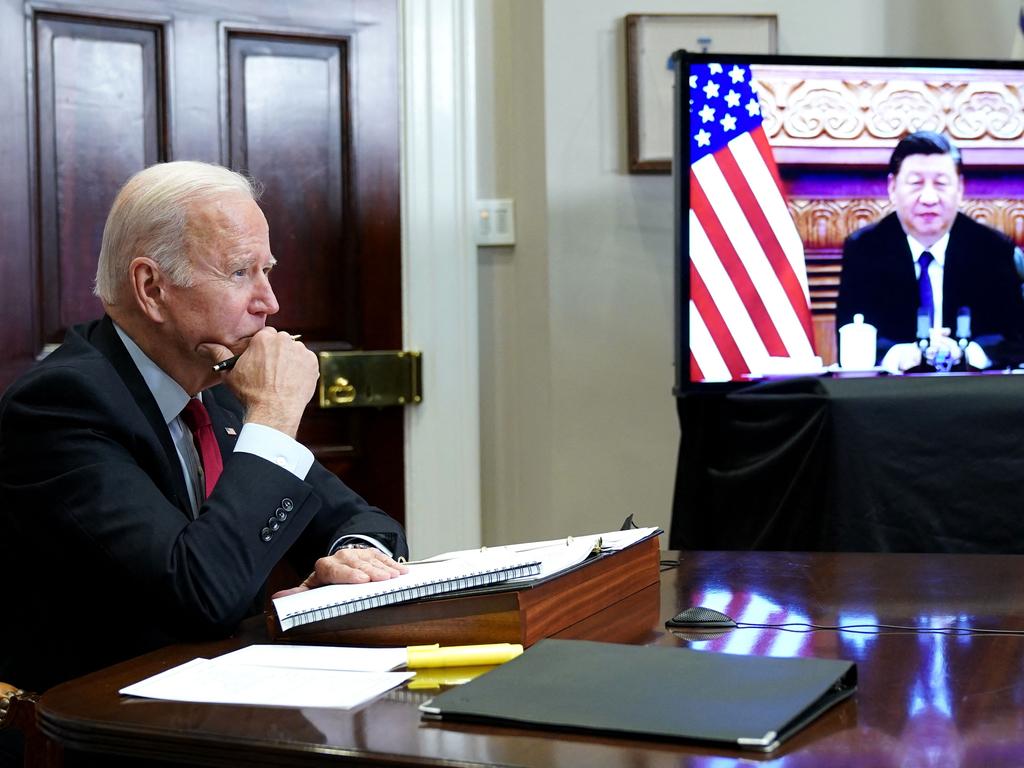

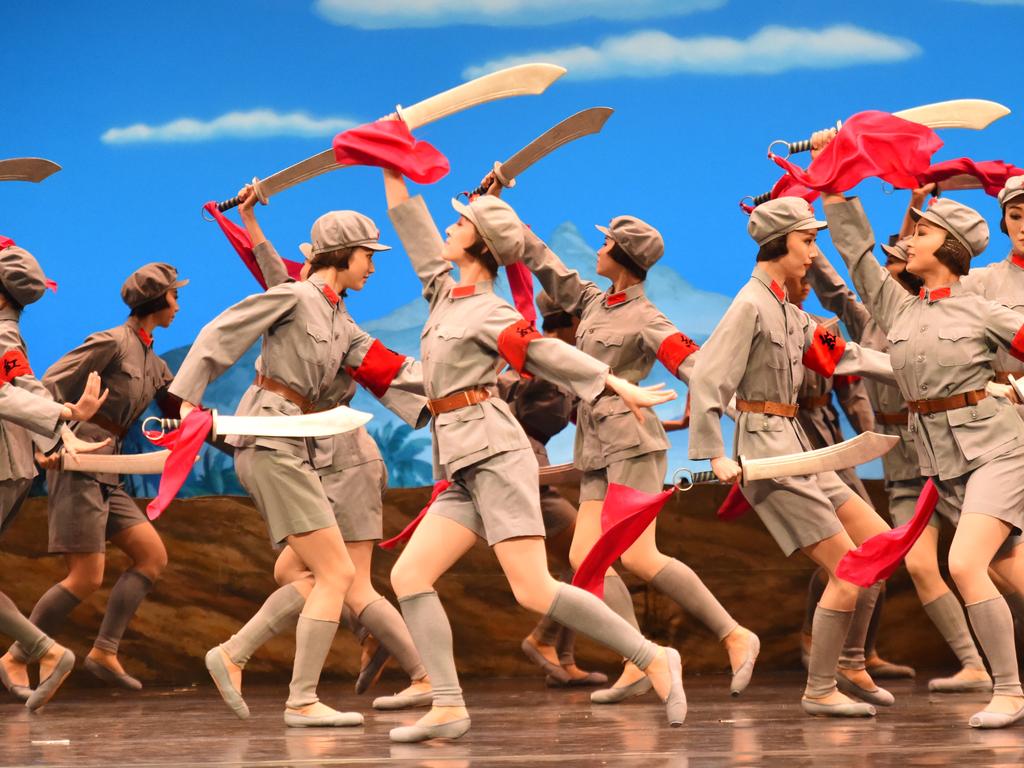


To join the conversation, please log in. Don't have an account? Register
Join the conversation, you are commenting as Logout